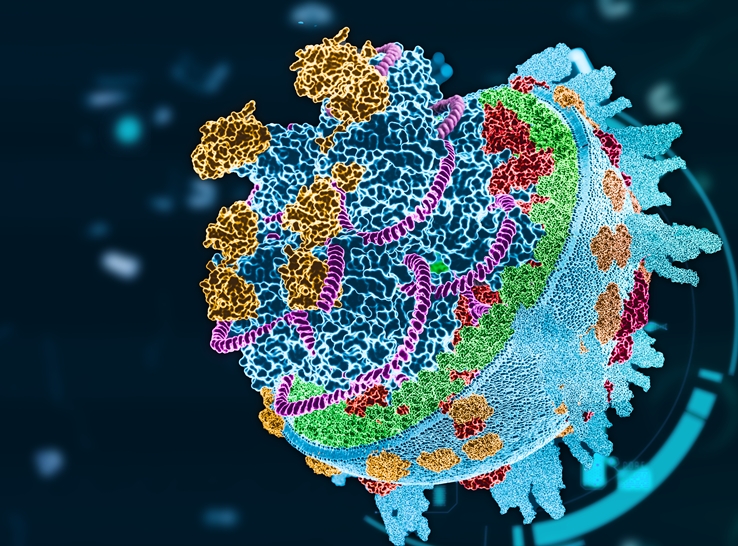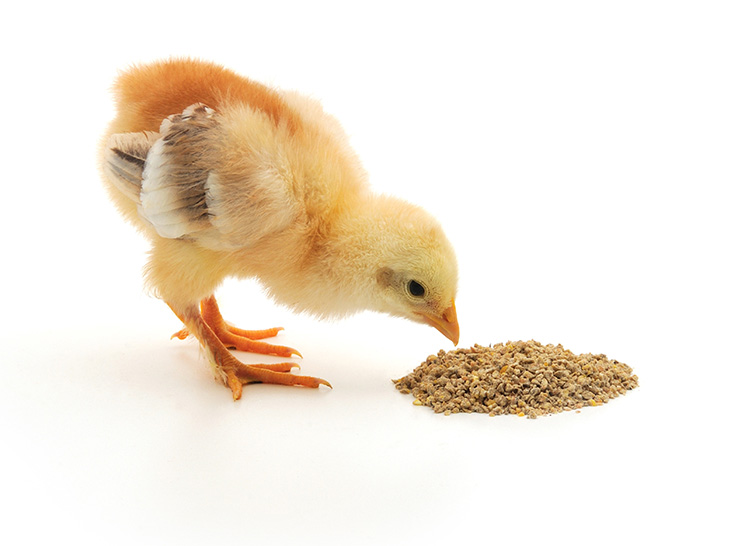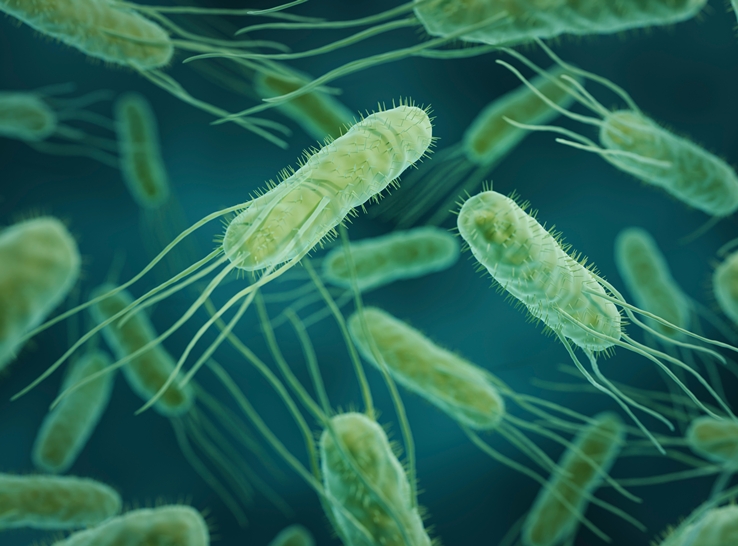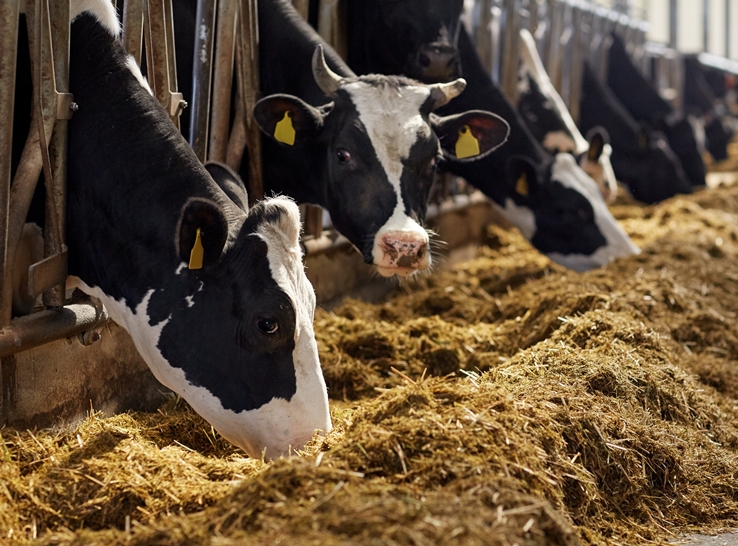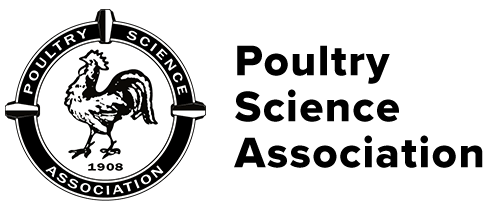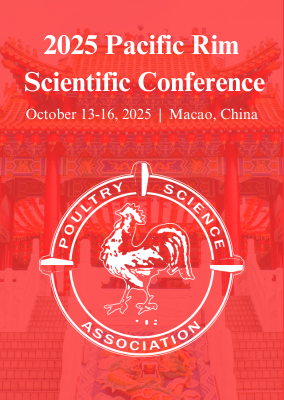A new study led by poultry scientists at the University of Hohenheim suggests it is possible to reduce crude protein in broiler diets while still encouraging bird growth, as long as birds receive supplementation with several “nonessential” amino acids.
Their findings, published in Poultry Science®, shed light on how producers can balance crude protein levels and nonessential amino acid levels to meet a flock’s nutritional needs.
The new research builds on earlier studies showing that broilers on a diet low in crude protein have decreased growth, even when essential amino acids such as glycine and serine are supplemented. Follow-up studies have shown that broilers also show decreased growth when given a diet lacking several nonessential amino acids.
Interesting questions
These past studies raised interesting questions in broiler nutrition. Which nonessential amino acids were most important to supplement for broilers on low crude protein diets? And could we add these missing nutrients back in?
For the new study, the researchers set out to test whether “Glyequi-adequate diets” (containing nonessential amino acids that can be converted into glycine) could counteract the decreased broiler growth seen in previous studies.
The scientists also examined whether ammonia (NH4Cl) supplementation could fill in for missing amino acids. As they note, it may be possible for broilers to convert ammonia in nonessential amino acids.
The researchers began with day-1 male Ross 308 broiler chickens and fed them a commercial starter diet containing 215 g CP/kg and 12.5 MJ ME/kg for one week. The chickens were then moved in individual metabolism units at day 7. These metabolism units allow researchers to precisely monitor an animal’s weight while measuring an animal’s feed intake and waste output.
Five treatments
Chickens were fed either a diet of CP180 (180 CP g/kg) or CP160 (180 CP g/kg). There were five treatments to test nonessential amino acid supplementation: CP160+Ala, CP160+Pro, CP160+Asp, CP160+Asp+Asn, CP160+Glu.
These supplemented amino acid levels were calculated to match the crude protein level of CP180. The researchers also tested a diet where ammonia was added to CP160 to achieve the CP concentration of CP180.
The scientists found that although none of the CP160 diets led birds to match the growth of the CP180 birds, individual supplementation of Asp+Asn, Glu, or Glu+Gln partly compensated for the growth-reducing effects of very low CP diets. The birds given only ammonia supplementation had the lowest average daily gain and growth-to-feed ratio.
There’s still a possibility that supplementation with a different non-protein nitrogen (NPN) source could counteract low nonessential amino acids (neAA) levels.
“Therefore, feeding a source of NPN other than NH4Cl might be suitable to increase growth with diets deficient in neAA,” write the study authors.
What does this study mean for producers?
- Poultry scientists have found a potential way to partly make up for low crude protein levels in broiler chicken diets.
- Although more research needs to be done, there’s a potential for nonessential amino acid supplementation and perhaps even nonprotein nitrogen supplementation to improve poultry nutrition and growth.
The full paper, titled “Effects of supplemented nonessential amino acids and nonprotein nitrogen on growth and nitrogen excretion characteristics of broiler chickens fed diets with very low crude protein concentrations,” can be found in Poultry Science® and online here.
Editor’s note: Content on Modern Poultry’s Industry Insights pages is provided and/or commissioned by our sponsors, who assume full responsibility for its accuracy and compliance.

